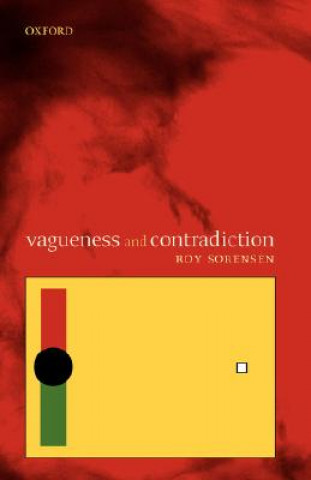
Kód: 04477800
Vagueness and Contradiction
Autor Roy A. Sorensen
Did Buddha become a fat man in one second? Is there a tallest short giraffe? Epistemicists answer 'Yes!' They believe that any predicate that divides things divides them sharply. They solve the ancient sorites paradox by picturing ... celý popis
- Jazyk:
 Angličtina
Angličtina - Vazba: Brožovaná
- Počet stran: 208
Nakladatelství: Oxford University Press, 2004
- Více informací o knize

1844 Kč

Skladem u dodavatele v malém množství
Odesíláme do 4 dnů
Potřebujete více kusů?Máte-li zájem o více kusů, prověřte, prosím, nejprve dostupnost titulu na naši zákaznické podpoře.
Přidat mezi přání
Mohlo by se vám také líbit
-

Reckless
332 Kč -

Churchill in Normandy - French
192 Kč -

Evangelical vs. Liberal
6167 Kč -

Popular Music Censorship in Africa
6077 Kč -

Rising Tide
996 Kč
Dárkový poukaz: Radost zaručena
- Darujte poukaz v libovolné hodnotě a my se postaráme o zbytek.
- Poukaz se vztahuje na celou naši nabídku.
- Elektronický poukaz vytisknete z e-mailu a můžete ihned darovat.
- Platnost poukazu je 12 měsíců od data vystavení.
Více informací o knize Vagueness and Contradiction
Nákupem získáte 184 bodů
 Anotace knihy
Anotace knihy
Did Buddha become a fat man in one second? Is there a tallest short giraffe? Epistemicists answer 'Yes!' They believe that any predicate that divides things divides them sharply. They solve the ancient sorites paradox by picturing vagueness as a kind of ignorance. The alternative solutions are radical. They either reject classical theorems or inference rules or reject our common sense view of what can exist. Epistemicists spare this central portion of our web of belief by challenging peripheral intuitions about the nature of language. So why is this continuation of the status quo so incredible? Why do epistemicists themselves have trouble believing their theory? In Vagueness and Contradiction Roy Sorensen traces our incredulity to linguistic norms that build upon our psychological tendencies to round off insignificant differences. These simplifying principles lead to massive inconsistency, rather like the rounding off errors of calculators with limited memory. English entitles speakers to believe each 'tolerance conditional' such as those of the form 'If n is small, then n + 1 is small.' The conjunction of these a priori beliefs entails absurd conditionals such as 'If 1 is small, then a billion is small.' Since the negation of this absurdity is an a priori truth, our a priori beliefs about small numbers are jointly inconsistent. One of the tolerance conditionals, at the threshold of smallness, must be an analytic falsehood that we are compelled to regard as a tautology. Since there are infinitely many analytic sorites arguments, Sorensen concludes that we are obliged to believe infinitely many contradictions. These contradictions are not specifically detectable. They are ineliminable, like the heat from a light bulb. Although the light bulb is not designed to produce heat, the heat is inevitably produced as a side-effect of illumination. Vagueness can be avoided by representational systems that make no concession to limits of perception, or memory, or testimony. But quick and rugged representational systems, such as natural languages, will trade 'rationality' for speed and flexibility. Roy Sorensen defends epistemicism in his own distinctive style, inventive and amusing. But he has some serious things to say about language and logic, about the way the world is and about our understanding of it.
 Parametry knihy
Parametry knihy
Zařazení knihy Knihy v angličtině Language linguistics Philosophy of language
1844 Kč
- Plný název: Vagueness and Contradiction
- Autor: Roy A. Sorensen
- Jazyk:
 Angličtina
Angličtina - Vazba: Brožovaná
- Počet stran: 208
- EAN: 9780199271160
- ISBN: 019927116X
- ID: 04477800
- Nakladatelství: Oxford University Press
- Hmotnost: 292 g
- Rozměry: 217 × 141 × 14 mm
- Datum vydání: 17. June 2004
Oblíbené z jiného soudku
-

Trivium
515 Kč -

Making the Social World
303 Kč -

Inquiry into Modes of Existence
903 Kč -

Language Instinct
357 Kč -

Essential Chomsky
544 Kč -

Practice Makes Perfect English Articles and Determiners Up Close
333 Kč -

Rosicrucian Manual
389 Kč -

Making It Explicit
1360 Kč -

Image Music Text
276 Kč -

Practice Makes Perfect English Pronouns and Prepositions, Second Edition
374 Kč -

Constructing the World
2059 Kč -

How Language Works
357 Kč -

Construction of Social Reality
357 Kč -

What Kind of Creatures Are We?
360 Kč -
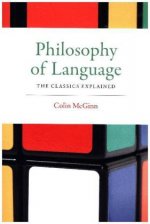
Philosophy of Language
1034 Kč -

Introduction to Cognitive Linguistics
2305 Kč -

Language Hoax
366 Kč -
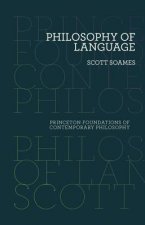
Philosophy of Language
659 Kč -

More than Cool Reason
852 Kč -
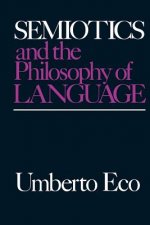
Semiotics and the Philosophy of Language
627 Kč -
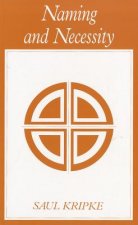
Naming and Necessity
697 Kč -

Latin
785 Kč -
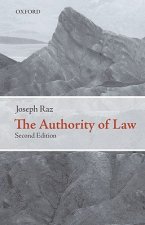
Authority of Law
1353 Kč -

Ascent of Babel
2493 Kč -

Inferentialism
4204 Kč -

Process Philosophy of Signs
853 Kč -

Theories of Lexical Semantics
1584 Kč -

Critical Introduction to the Philosophy of Language
1550 Kč -
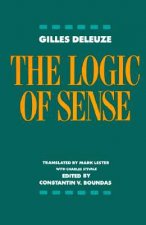
Logic of Sense
633 Kč -

Philosophy of Language
1514 Kč -

From Hand to Mouth
1185 Kč -
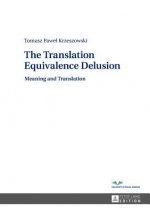
Translation Equivalence Delusion
2730 Kč -

Philosophy of Poetry
3022 Kč -

Mental Corpus
1526 Kč -

Ontology after Carnap
2996 Kč -

How to Do Things with Words
1515 Kč -

On Nature and Language
1488 Kč -

Decoding Chomsky
291 Kč -
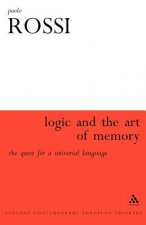
Logic and the Art of Memory
3635 Kč -
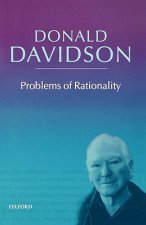
Problems of Rationality
1709 Kč -

Practice Makes Perfect English Verb Tenses Up Close
500 Kč -

Language Animal
966 Kč -
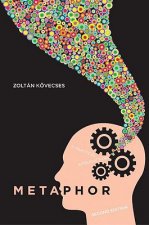
Metaphor
1332 Kč -

Science of Language
910 Kč -

Literary Mind
736 Kč -

What Kind of Creatures Are We?
554 Kč -

Language, Proof, and Logic
2343 Kč -
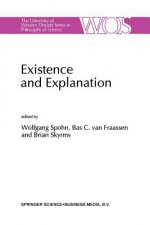
Existence and Explanation
5094 Kč -
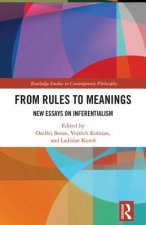
From Rules to Meanings
5564 Kč
Osobní odběr Praha, Brno a 12903 dalších
Copyright ©2008-24 nejlevnejsi-knihy.cz Všechna práva vyhrazenaSoukromíCookies


 Vrácení do měsíce
Vrácení do měsíce 571 999 099 (8-15.30h)
571 999 099 (8-15.30h)